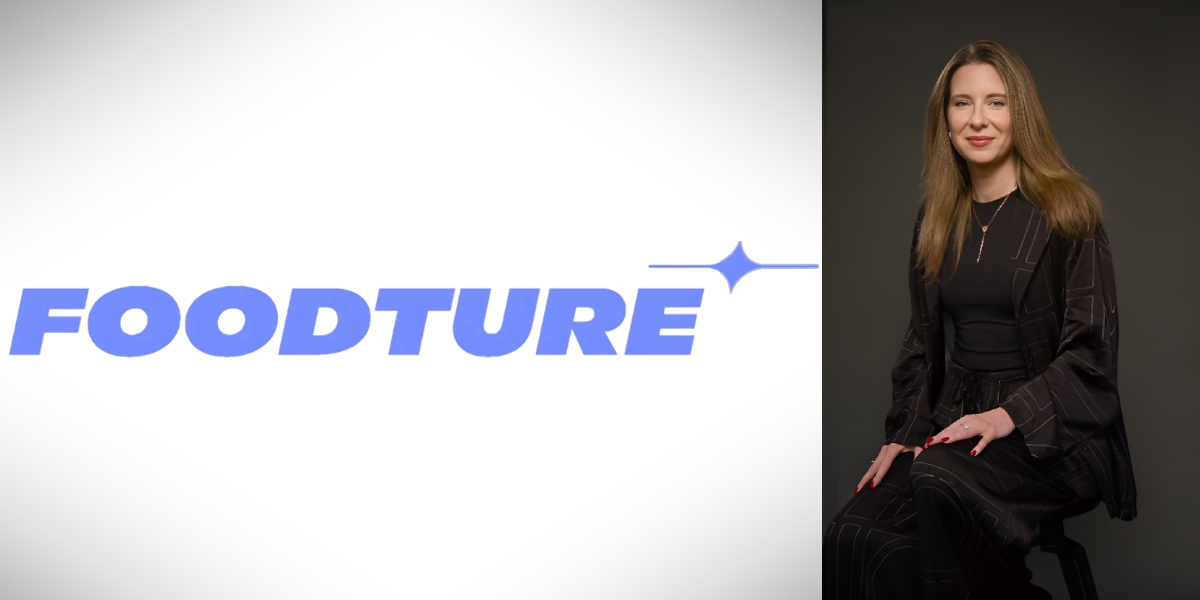Image commercially licensed from: Unsplash
(Featured guest contributor John Godfrey)
Medical identity theft is a covert threat that quietly infiltrates the lives of individuals and the operations of healthcare systems globally. It’s a shrouded enemy that maliciously manipulates personal medical information, leaving victims in the wake of significant hardship. The high incidence of medical identity theft each year serves as a chilling testament to the scale of this covert epidemic. Identity thieves employ a host of strategies – hacking, phishing, physical theft, and bribery – to unlawfully access medical data, inflicting severe consequences on their victims. But in the face of adversity, we mustn’t lose heart. As we delve into the mechanisms of medical identity theft, detectable signs, preventive strategies, and real-life cases, we will also explore how a united front can contribute to a safer healthcare environment.
Dissecting the Threat: Understanding Medical Identity Theft
Medical identity theft, like a cunning infiltrator, capitalizes on the susceptibilities within our healthcare system to acquire unauthorized access to critical medical information. Be it through database hacking, phishing scams, pilfering records, or exploiting insiders within healthcare institutions; the culprits make use of every loophole they can find. However, optimism is in order as we hold the power to fight back. By enhancing Cybersecurity, encouraging the conscious sharing of information, and regularly checking medical bills for discrepancies, we can create a protective shield around our valuable medical information.
The Fallout: The Consequences of Medical Identity Theft
The ripples of medical identity theft extend far and wide, impacting patients, healthcare providers, and the overall healthcare system. The victims suffer not only health and financial setbacks but also emotional distress, all while grappling with incorrect diagnoses and treatment plans. In response to these crises, victims must promptly alert their healthcare providers and law enforcement agencies. And, while healthcare providers may face reputational and financial losses, the development of effective fraud detection mechanisms can prove beneficial. Strengthening security protocols, refining fraud detection, and building solid legal frameworks are critical to mitigate the damages of medical identity theft.
Guarding the Fort: Detecting and Preventing Medical Identity Theft
Detection and prevention of medical identity theft call for collective watchfulness. Spotting red flags like unknown service providers, repeated entries, or inexplicable charges is essential. Safeguarding personal information, bolstering password security, keeping track of medical records, and shredding physical documents are proactive steps to ensure safety. Healthcare providers have a crucial role to play in implementing rigorous authentication processes, updating security systems, conducting audits, and fostering collaboration.
Learning from Experience: Real-Life Scenarios
The stories of real-life victims underline the pressing need for preventive measures. The victims’ experiences serve as stark reminders of the extensive harm medical identity theft can cause to our health, finances, and emotional well-being. The importance of vigilance, prevention, and early detection can’t be stressed enough. By reviewing our records regularly and reporting suspicious activities, we safeguard ourselves and our loved ones. With the advent of technologies like blockchain and biometrics, there is hope for better security protocols.
Conclusion: A Vision for a Safer Future
Medical identity theft is an unseen danger with tangible impacts. Yet, armed with knowledge, proactive measures, and the right tools, we can combat this menace. To secure our future, we must focus on prevention, leverage technology, collaborate, and foster a culture of vigilance. Education and stricter regulations are pivotal in empowering individuals to shield their information and sound the alarm at signs of suspicious activity.
Medical identity theft is a battle that demands unity. Together, we can build a secure healthcare environment, defending our information and advocating for robust healthcare security. Recognizing the seriousness of this threat is the first step. Stand with us in this fight against medical identity theft and champion the cause for secure health records.
John Godfrey’s Professional Bio:
John Godfrey is an accomplished cybersecurity executive and entrepreneurial leader with an 18-year track record. Specializing in delivering advanced technology and information security strategies, he excels in driving organizational transformation and talent growth. John is known for his ability to simplify complex technology concepts and is an active contributor to the information security community. Currently, he serves as an advisor and board member, holds memberships in ISC2, ISSA, ISACA, and InfraGard, and is pursuing a Doctorate in Cybersecurity. Connect with John on LinkedIn for more information on medical identity theft, Cybersecurity safety, and the future of Cybersecurity with the advancements of AI.






